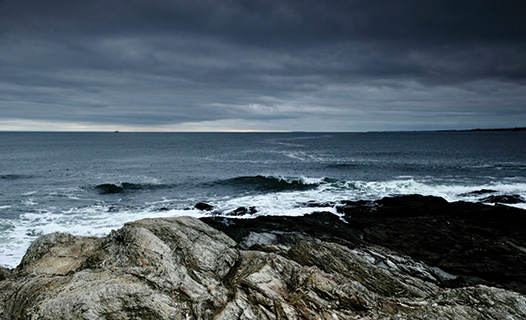
This essay is featured in partnership with The War Horse.
An essay by Cam McMillan, who served as a field artillery officer in the Massachusetts Army National Guard and deployed to Iraq in 2021 as part of Operation Inherent Resolve. He lives in Maine with his wife and their black labrador.
Good war stories tend to make sense, but I can hardly remember mine. My war is mostly just disjointed fragments. Not stories, but parts of stories. Even when these pieces of memory start bucking feverishly, and a brief moment of clarity appears, I inevitably lose it. Sometimes, they come back when I’m lying in bed with my wife. I’ll start to figure out what one of them means or how they fit together. But, by the time I wake, the whole thing has already unraveled back into the muddy gray. And all that’s before me is another day of trying to remember.
Not Iraq. Not the rockets and explosions, the taste of dust or the smell of smoke. Instead, I want to remember them: my soldiers. My friends. Jager going through another pack of Marlboros. O’Neal packing another can of Copenhagen. Mulligan still free of any vices. Me, the young lieutenant, both burdened and privileged by the responsibility for their wellbeing. If I could remember them like that, maybe I could make some sense of it all, or use their memory as a portal to those past versions of ourselves, when we were soldiers and young.

It’ll usually go something like this: I’m playing fetch with my dog by the ocean in Maine. It’s winter and the sea is rough. The waves crash on the rocks, the dark stone-coast kind, and I hear something in their contact with the earth, maybe a ripple or a swoosh, that makes me remember the way that O’Neal and Mulligan looked at me when they said that they didn’t want to die.
It’s our fourth day in Iraq and the morning’s rocket attack still hangs over us like some sort of curse. We are lucky to be alive, and pushing that luck for nine more months seems futile. At some point, chance is bound to collect. Knowing none of us can do anything to change that, we accept our world as it is. At that moment, we grow old together, in the way only young soldiers can.
But now they are young again, and their voices quiver. I see their innocent faces and the softness in their eyes. As they call out to me, the choppy ocean turns to the flat desert sand of Al Anbar Province. I desperately want to answer them, but I’m not quite sure what to say. I never was. It doesn’t matter, though, because before I can get a word out, the desert fades away and the ocean returns, swallowing them up beneath its foamy darkness. I forget their faces and even their names, and am left with only that innocence, that sweet longing for homeand mother’s comfort, until the ocean’s mighty waves wipe that away, too.
I think of calling out to them, or diving into the frigid water to retrieve their memory, any memory. But I can’t, because I realize that I have lost sight of my dog. So I call out to him instead. After he comes sprinting back, chomping his tennis ball for one more game of fetch, I bring him back to the car, where my wife asks me what’s wrong. And I sit in the driver’s seat silently for a while, saying nothing at all, until she puts her hand on my shoulder and the dog begins to poke his head up in the front seat.
“Nothing,” I say. “I just thought I remembered something.”
Then she sees that look in my face, and she recognizes it before asking me if I’m thinking about Iraq. About O’Neal and Mulligan. I tell her it doesn’t matter, because I already forgot anyway. And, as we drive away, I think of the next time that I can bring my dog back down to that same spot on the ocean. But this time I’ll be alone, when she’s at work or out with friends. And I’ll stand on those rocks as the waves crash over them and wash onto my feet for as long as it takes, until I can finally remember those versions of ourselves that we left in the desert.
